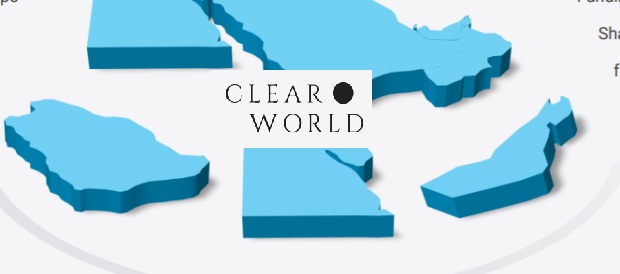
Aqua 1, Web3-native fund which seems to have been created recently, and on its website does not state who its team is announced it invested $100 million into Trump’s World Liberty Financial (WLFI) token, as a means to participate in the governance of the DeFi platform. The partnership will seek to synergize USD1 infrastructure to ignite adoption across commercial payment gateways and treasury management systems.
As per the announcement, the commitment will help accelerate the creation of a blockchain powered financial ecosystem centered on blockchain, Real World Asset (RWA) tokenization, and stablecoin integration.
The authors go on to noted, together, WLFI and Aqua 1 are building the definitive bridge between legacy systems and blockchain innovation, an institutional-grade marketplace delivering unparalleled access to traditional assets.
“We’re excited to work hand-in-hand with the team at Aqua 1,” said Zak Folkman, Co-Founder of World Liberty Financial. “Aligning with Aqua 1 validates our blueprint for global financial innovation, as we have a joint mission to bring digital assets to the masses and strengthen our nation’s standing as a champion and leader of cryptocurrency and blockchain technology.”
“WLFI and Aqua 1 will jointly identify and nurture high-potential blockchain projects together,” stated Dave Lee, Founding Partner of Aqua 1. ( no LinkedIn profile available)“WLFI’s USD1 ecosystem and RWA pipeline embody the trillion-dollar structural pivot opportunity we seek to catalyze, where architects merge traditional capital markets with decentralized primitives to redefine global financial infrastructure.”
Beyond the U.S. market, Aqua 1’s global investment and compliance teams will assist WLFI in expanding across South America, Europe, Asia, and emerging markets to accelerate digital asset ecosystem development.
Strategically, WLFI also plans to support the launch of Aqua 1’s Aqua Fund, a UAE-domiciled investment fund developed in partnership with leading regional stakeholders. The fund will be dedicated to accelerating the Middle East’s digital economy transformation through advanced blockchain infrastructure, artificial intelligence integration, and global Web3 adoption.
Aqua Fund aims to serve as a gateway for capital, talent, and technology to converge, positioning the region at the forefront of the next digital wave. Aqua Fund intends to partner with a secondary trading venue within ADGM to list the fund and facilitate secondary market liquidity for investors.
Furthermore, both parties plan to jointly develop and incubate BlockRock (https://x.com/BlockRock_rwa), an institutional RWA tokenization platform, focused on digitizing and integrating premium traditional assets into the Web3 ecosystem.
This is not the first time a UAE entity engaged with World Liberty Financial when it was announced that MGX, an Abu Dhabi tech company invested $2 billion in Binance crypto exchange, using the USD1 stablecoin. Binance listed World Liberty Financial USD (USD1) and opened trading for the following spot trading pair USD1/USDT.

















